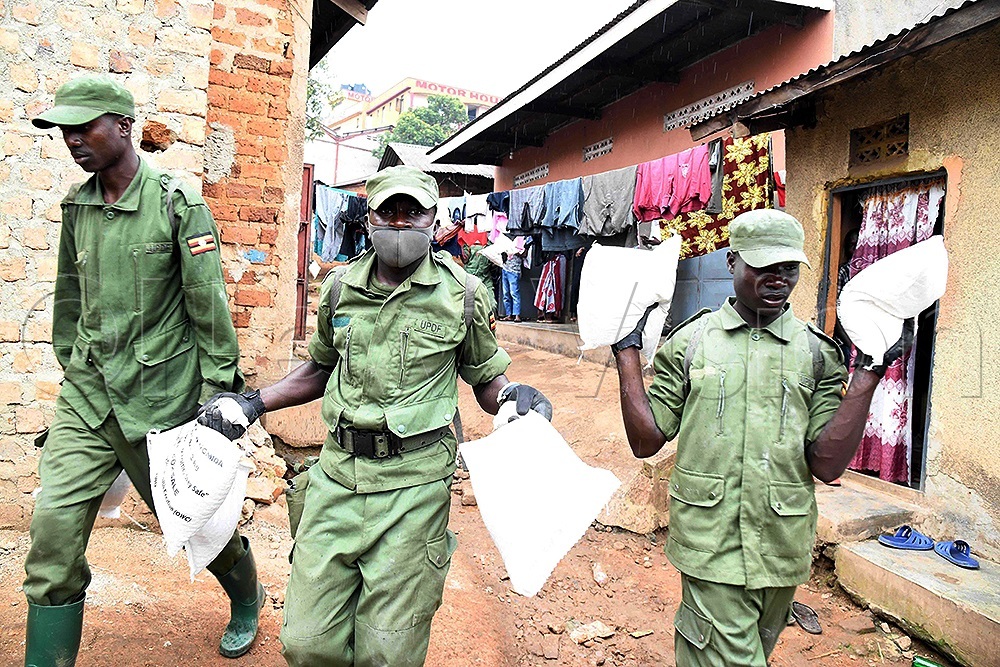Ugandans eating less due to COVID -19 - study
Sep 10, 2020
The study shows that 63% of rural households, 72% of poorer ones and 64% of those with lower levels of education, were more likely to face increasing food challenges.

HEALTH VIRUS
Out of every 10 Ugandan households, 6 have reported that their food consumption has become worse due to the effects of the COVID-19 pandemic, a new study has found.
The study shows that 63% of rural households, 72% of poorer ones and 64% of those with lower levels of education, were more likely to face increasing food challenges.
Of the ten households, only 2 representing 18% reported a better food consumption in the months between May and June this year than the previous month.
These findings were released in August by the Food Rights Alliance and Twaweza in a study entitled Livelihoods under COVID-19: Food supply and consumption. The factsheet was compiled through a high-frequency mobile phone survey collected from 1,600 respondents across the country in May and June 2020.

Marie Nanyanzi of Sauti za Wananchi at Twaweza said: "Again these data are bringing us timely and powerful insights on how COVID-19 is playing out across our country. The clear message here is that citizens are hungry."
She explained that across a range of measures of experiences and perceptions of food security: large numbers of Ugandans say they are struggling.
"Even more worryingly, high proportions of children are missing meals or eating less which can have long term consequences. It is clear that intervention is needed to support the people of Uganda to claim their right to food," said Nanyanzi.
Government after instituting a full lockdown measure to curb the spread of COVID-19 embarked on distributing food and basic needs targeting 1.8 million people in Kampala, Wakiso and Mukono.
The food distribution was targeting vulnerable people such as those living on hand to mouth wages in urban areas. However, activists continue to argue that several Ugandans across the board, are prone to food insecurity and should, therefore, be supported by Government.

Perhaps unsurprisingly, half of the households (48%) report that the stocks of food that they currently have available at their home would last no more than a week, including two out of ten households (21%) that have no food stored at home.
Urban households (51%), poorer households (52-55%) and less-well educated households (49%) are more likely to have a week or less of food stored at home.
Food shortages for citizens are accompanied by high prices and unavailability of goods. Three out of four Ugandans (77%) report that the price of one or more food products rose in the last seven days.
